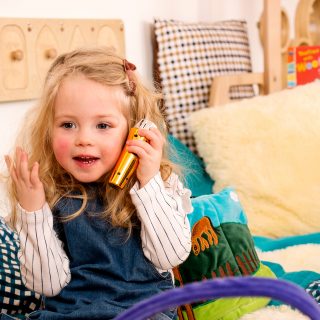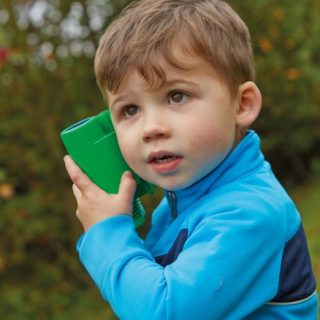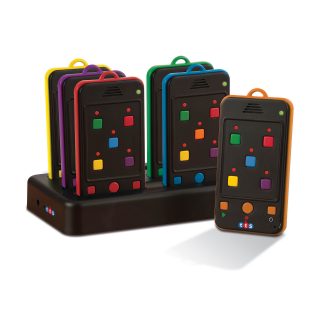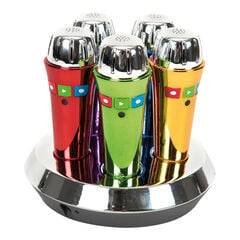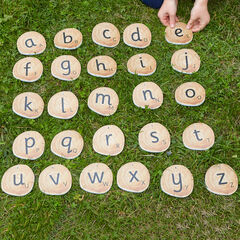This series of articles has been written by industry experts to help you to understand changes to the EYFS Framework. In this blog, Early Years consultant Alistair Bryce-Clegg looks at the Communication and Language area of the framework.
As we know, communication and language are so much more than just talking. Lots of children in the early years have not yet developed the ability to speak, choose not to speak when they can or their first language is not the same as ours. These children will still communicate in a variety of ways. Non-verbal communication can be as subtle as a raised eyebrow and as obvious as a raised hand. How we communicate without words, as human beings, is just as important as how we communicate with them. It is a complex but very important skill, that we all need to learn and that takes time and opportunity.
The great news is that a play-based environment is the perfect place for acquiring and rehearsing these skills. When children have the opportunity to play alongside their peers, in environments where they feel secure, they can experience a range of different scenarios that require lots of methods of communication and interaction. As adults, we also play a really crucial role in modelling effective communication. This is through our interactions with children, especially in play.
‘The Early Years Foundation Stage places a great deal of emphasis on the development of talk and how children’s ability to communicate effectively is a key element of their future success.’
It is worth thinking about the very important difference between talk and language. Talk is how you use your breath, body and mouth to produce the sounds. These sounds make words that other people can understand. Language is the meaning behind those sounds. Talk is generated by your body, language by your brain.
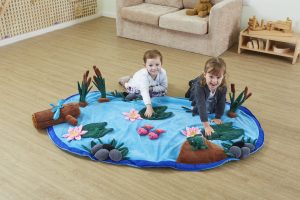
When I am talking about writing development, I often remind practitioners that if children can’t say it then they can’t write it because writing is just talk that comes out of the end of your pencil. By the same token, if you can’t think it, you can’t say it. So, children need lots (and lots) of opportunities to talk with adults and their peers. They also need opportunities to engage in activities that will give them both the language and the experiences to create their talk.
Non-verbal communication is an elaborate secret code that is written nowhere, known by none, and understood by all.
American linguist, Edward Sapir
When I am working with Early Years settings, we will often do a ‘talk audit’, where we look at how many times in a day children have the opportunity to engage in structured/scaffolded talk and how the environment and provision encourages opportunities for self-initiated talk. A role play or small world area can be great for encouraging children to talk. But, only if they contain resources that children want to or are able to talk about. If my role play area is a travel agents and my children have never been in a travel agents or know what one is, then it stops becoming a great talk space because the children have nothing to talk about!
A great way to fill children’s ‘language bank’ and give them new words to talk with is through the use of stories. We know that reading to children has a whole host of benefits, not only in terms of language acquisition but also in developing their imagination and understanding of the reading process. Don’t forget the power of telling a story! As a Reception Teacher, my TA Carole and I would often play ‘story tennis’ at the end of the day. One of us would start the story and then we would take it in turns to say what happened next. Often ridiculous and usually really funny, the children always loved these sessions. So much so, that we would see them playing story tennis in their own play!
Shop Communication and Language resources here.
Interested in finding out more about the changes to the EYFS framework?
Click on the links below to read our other articles from Alistair Bryce-Clegg …
Thank you to Early Years consultant and expert Alistair Bryce-Clegg for the content included in this blog.


